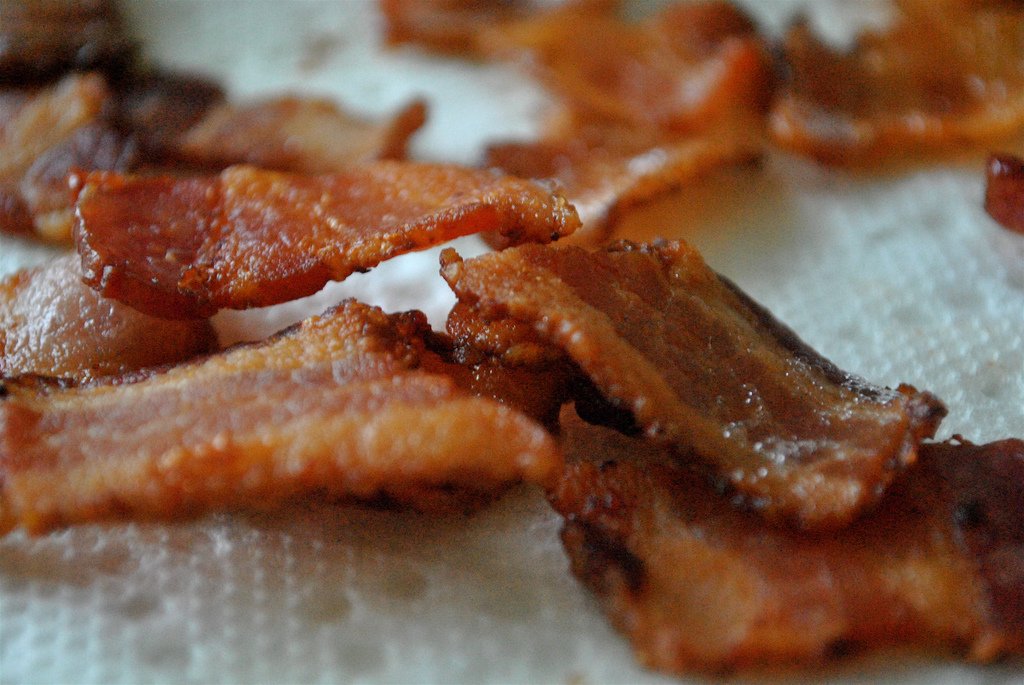Diet habits start to shift towards a plant-based diet in so many institutions which seemed very unlikely ten years ago. Obviously, the awareness of living a life that is committed to making a difference is rising. Due to a research study, millennials are twelve times more likely to go vegan than baby boomers. A survey that has been conducted reported that students who decided to become vegetarian spend an average of $750 less on groceries than people who don’t follow a plant-based diet. However, these students don’t opt for a vegetarian or vegan lifestyle only because of lower costs. They also go vegan because they seem to have understood not only the health benefits of a vegan lifestyle but also the lower impact on the environment. In fact, meat- and dairy-free dishes started to rise dramatically in popularity on college cafeteria menus.
What’s served up in college cafeterias became a hot topic this summer thanks to an episode of writer Malcolm Gladwell’s podcast Revisionist History. In July Gladwell argued that some schools are spending big bucks putting fancy food on the menu—think lobster bakes and venison—instead of offering financial aid to low-income students. But another trend in campus dining halls that Gladwell might want to take a look at in a future episode is one that could hold down college food costs: vegan meal options.
According to a survey released Tuesday by peta2, the youth division of People for the Ethical Treatment of Animals, meat- and dairy-free menu items have become one of the hottest things on college cafeteria menus. The organization surveyed nearly 1,500 four-year colleges and universities in the United States and found that 62 percent of schools serve vegan menu items on a daily basis, up from 28 percent in 2014. The survey also found that about 9 percent of schools—private institutions like American University in Washington, D.C., and public state schools like the University of California, San Diego—have entirely vegan dining stations.
The vegan revolution isn’t just happening on the coasts. The 36,000-student University of North Texas has had a 300-seat all-vegan dining facility since 2011. After the school installed the vegan dining hall, “meal-plan sales rose by 20 percent while operating costs remained comparable,” according to peta2.
Animal products “are among the most expensive items when it comes to wholesale food costs because of the massive amount of water and grains required in order to produce them,” Ben Williamson, senior international media director for PETA, wrote in an email to TakePart. A study published in the September 2015 edition of the Journal of Hunger & Environmental Nutrition found that people who go vegetarian spend an average of $750 less on groceries than folks who follow federal dietary recommendations. Colleges that replace meat and dairy menu items with plant-based offerings are likely seeing similar per-student savings.
A desire to save money isn’t the only reason schools are moving to meat-free meals. “Research shows that millennials are three times more likely to be vegetarian than Gen Xers and 12 times more likely than baby boomers, because eating vegan food is directly tied to helping combat world hunger, cruelty to animals, environmental degradation, and other issues that millennials consider to be crucial,” Williamson wrote.
Read the full article here: takepart.com!








It’s incredible the speed at which this is moving and it is picking up speed every day. People are waking up to the insanity of what we are doing to animals, ourselves and the planet